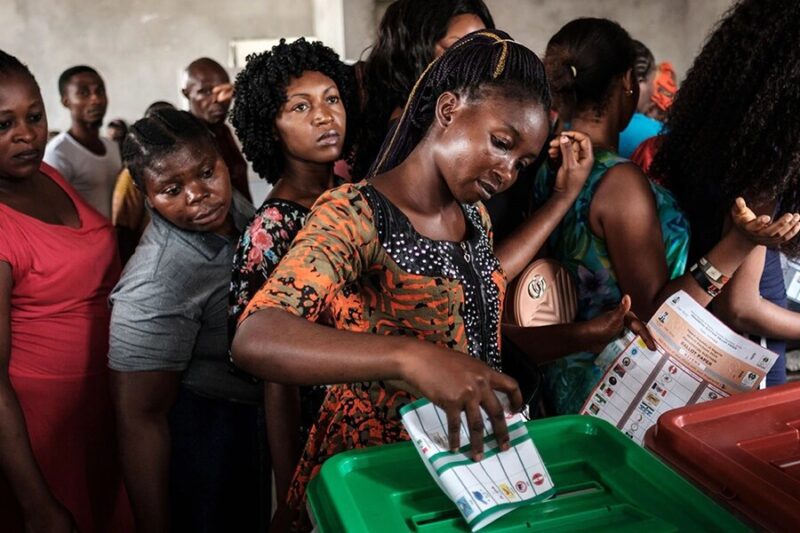Breaking News
Economist Cautions Politicians Against Dollar Use Ahead of 2027 Elections
Economist Paul Alaje cautions Nigerian politicians against dollar-based campaign spending in the 2027 elections, warning it could weaken the naira, drain reserves, and erode CBN’s economic reforms.

Economist and Senior Partner at SPM Professionals, Mr. Paul Alaje, has warned that the use of United States dollars for political spending during the 2027 general elections could undermine the recent gains achieved by the Central Bank of Nigeria (CBN) in stabilising the economy.
Speaking in Abuja on Wednesday at a Business, Economy and Financial Reporting Training organised by the Premium Times Training Academy in collaboration with the CBN, Alaje said dollarising election campaigns would weaken the naira, strain foreign reserves, and derail monetary policy progress.
“My dear journalists, please, I want you to join me in this advocacy. Let us do everything possible to discourage politicians from sharing dollars during the 2027 election. All of the gains achieved by the Central Bank in the last two years will be eroded if this continues,” he said.
He explained that the use of foreign currency in political activities increases pressure on external reserves, fuels inflation, and dampens investor confidence.
Alaje urged the Economic and Financial Crimes Commission (EFCC) to closely monitor political spending ahead of the elections and ensure all transactions are conducted in naira.
“Let the EFCC be involved and checkmate it. Do not spend dollars at all. We are not saying politicians cannot campaign, but they should do so in naira. That is the only way to protect our reserves and maintain currency stability,” he stated.
He further appealed to the National Assembly and the Independent National Electoral Commission (INEC) to enact regulations mandating that all campaign and election expenditures be made strictly in local currency.
Alaje, who said he had tracked election spending since 1998, observed that excessive dollar circulation during campaigns has consistently led to economic instability after elections.
“In every election cycle since 1998, we have observed that the pre-election year records high economic growth. But immediately after the elections, the economy begins to nosedive because of excessive dollar spending and depletion of reserves,” he said.
He warned that continuing the trend into 2027 could reverse Nigeria’s progress on monetary reforms and trigger renewed exchange rate volatility.
Alaje also emphasised the need for stronger enforcement of the Electoral Act 2022, which prohibits foreign currency transactions for election purposes, saying that upholding the law would sustain the naira’s recent recovery and preserve foreign reserves.
Speaking at the same event, Mr. Olayinka Lawal, Senior Manager for Business and Partnerships at Premium Times Services Ltd., said the training aimed to enhance professionalism and ethics in financial journalism.
He noted that the collaboration with the CBN reflected a shared commitment to improving the quality of economic reporting and promoting factual, data-driven coverage of national financial issues.
The session was attended by economic and financial journalists and focused on deepening their understanding of monetary and fiscal policies.
Opinion Nigeria News










